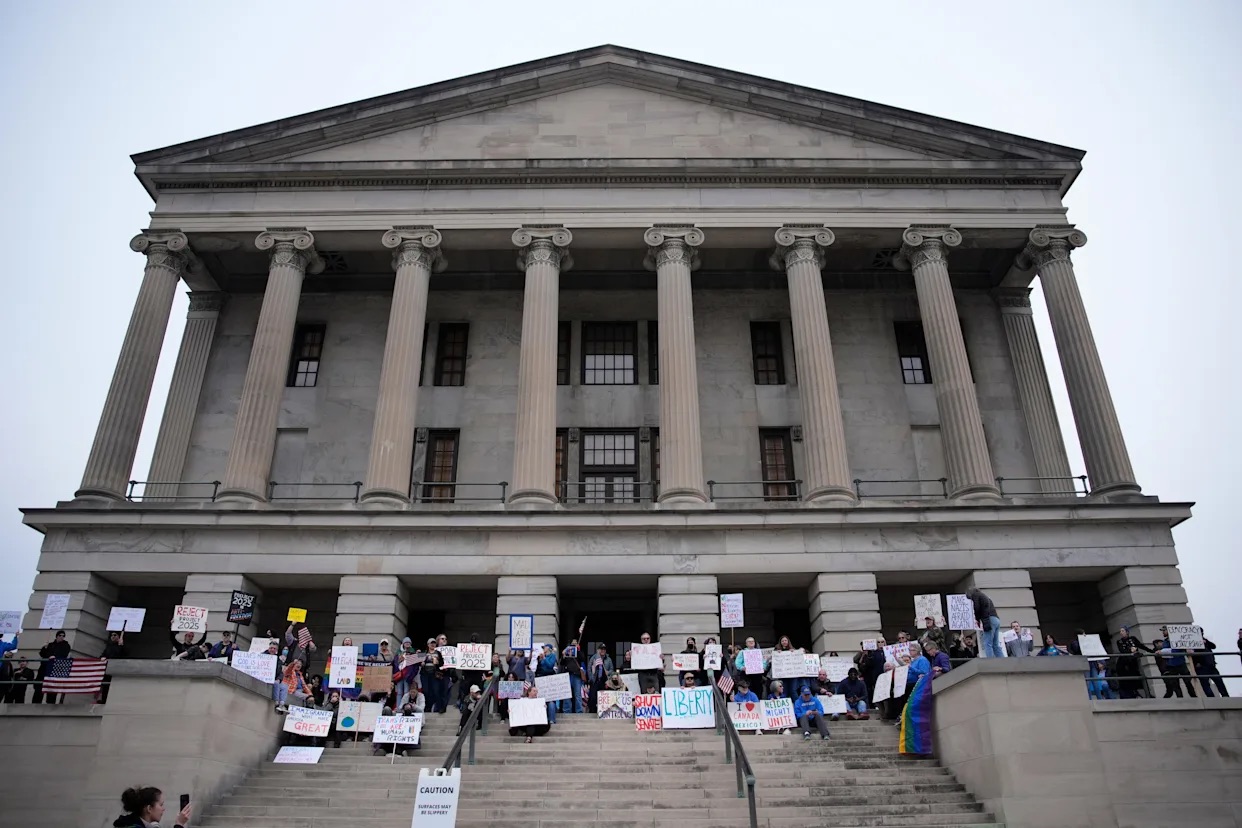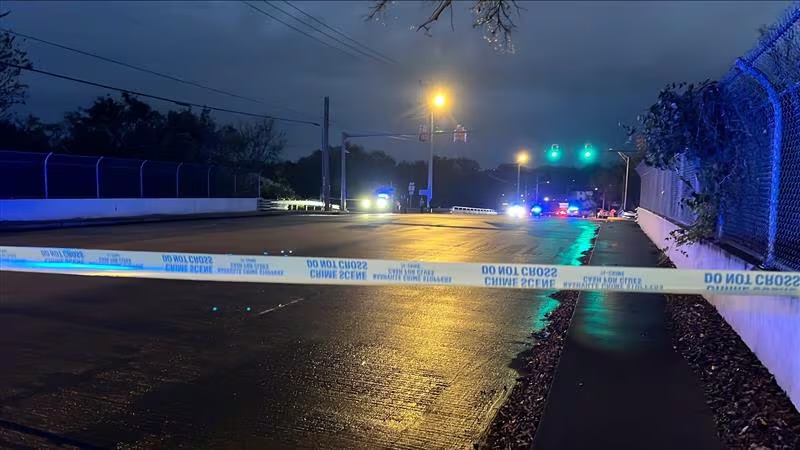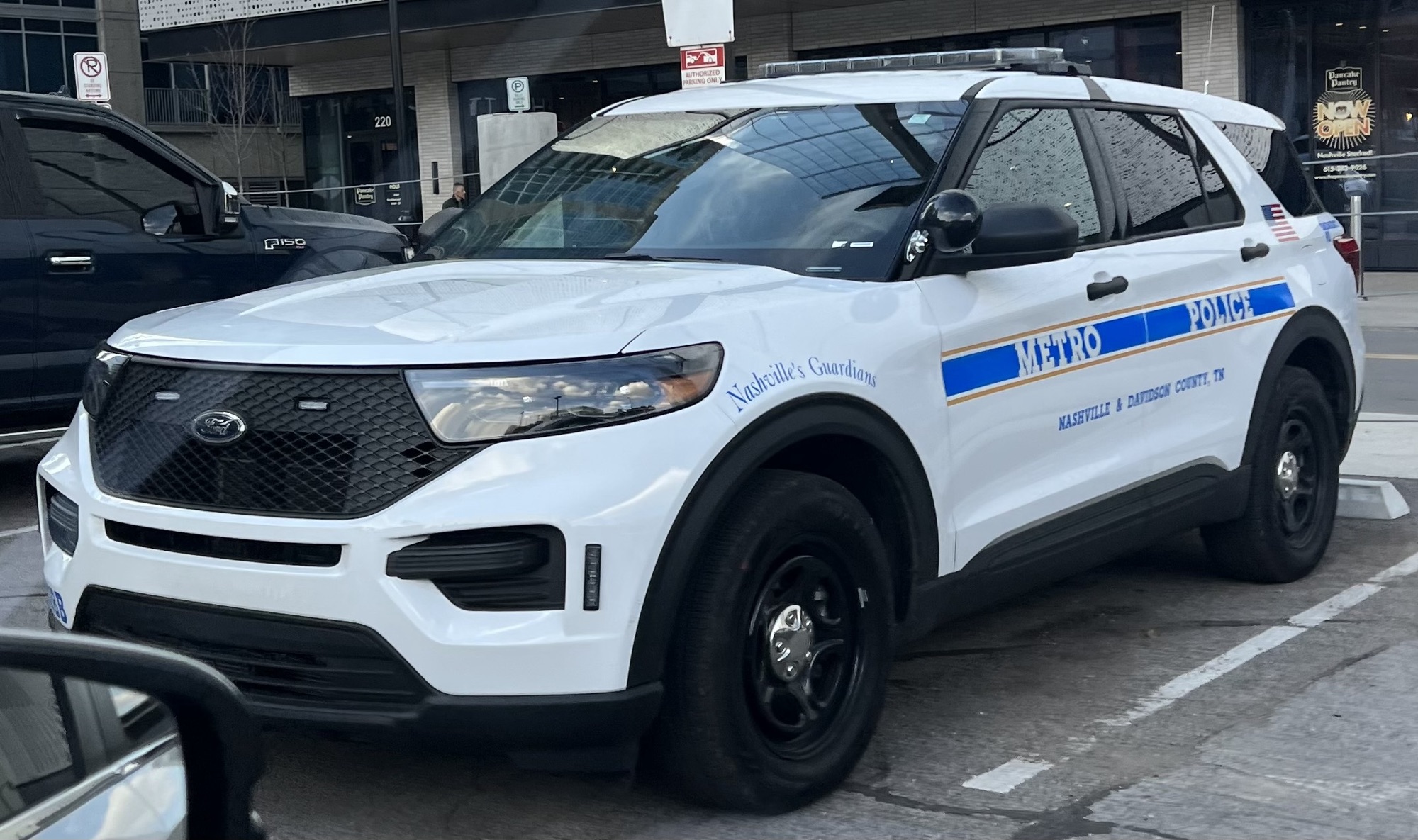A Tennessee court has recently struck down two significant firearm laws, declaring them unconstitutional under the Second Amendment. A three-judge panel from Gibson County Chancery Court ruled that these laws infringed upon citizens’ rights to bear arms in public spaces. The first law, which prohibited carrying firearms in public parks, has now been invalidated, making it legal for individuals to carry guns in state and municipal parks. The second law, known as the “intent to go armed” statute, criminalized the mere possession of a firearm with the presumed intent to use it, even without any overt action or threat. The court found this law overly broad and potentially subject to misuse by law enforcement, as it allowed for arrests based solely on the presence of a firearm and the assumption of intent.
The implications of these rulings are profound, as they apply statewide, effectively nullifying the specified statutes. While the court’s decision aligns with interpretations of the Second Amendment that emphasize individual rights to carry firearms, it has sparked a range of reactions. Supporters of the decision argue that it restores constitutional rights and removes unnecessary restrictions on law-abiding citizens. Conversely, opponents express concern that the removal of these laws could lead to increased risks, particularly in public spaces where the presence of firearms may escalate tensions or conflicts.
Governor Bill Lee’s administration had defended these laws during the court proceedings, but it remains unclear whether the state will appeal the decision. The ambiguity surrounding potential appeals adds to the uncertainty regarding the future of firearm regulations in Tennessee. As of now, the court’s ruling stands, and the previously prohibited actions are no longer considered offenses under state law.
This development underscores the ongoing national debate over gun rights and public safety. While some advocate for broader interpretations of the Second Amendment, emphasizing individual liberties, others call for more stringent regulations to ensure public safety. The balance between these perspectives continues to shape legislative actions and judicial interpretations across the country.





